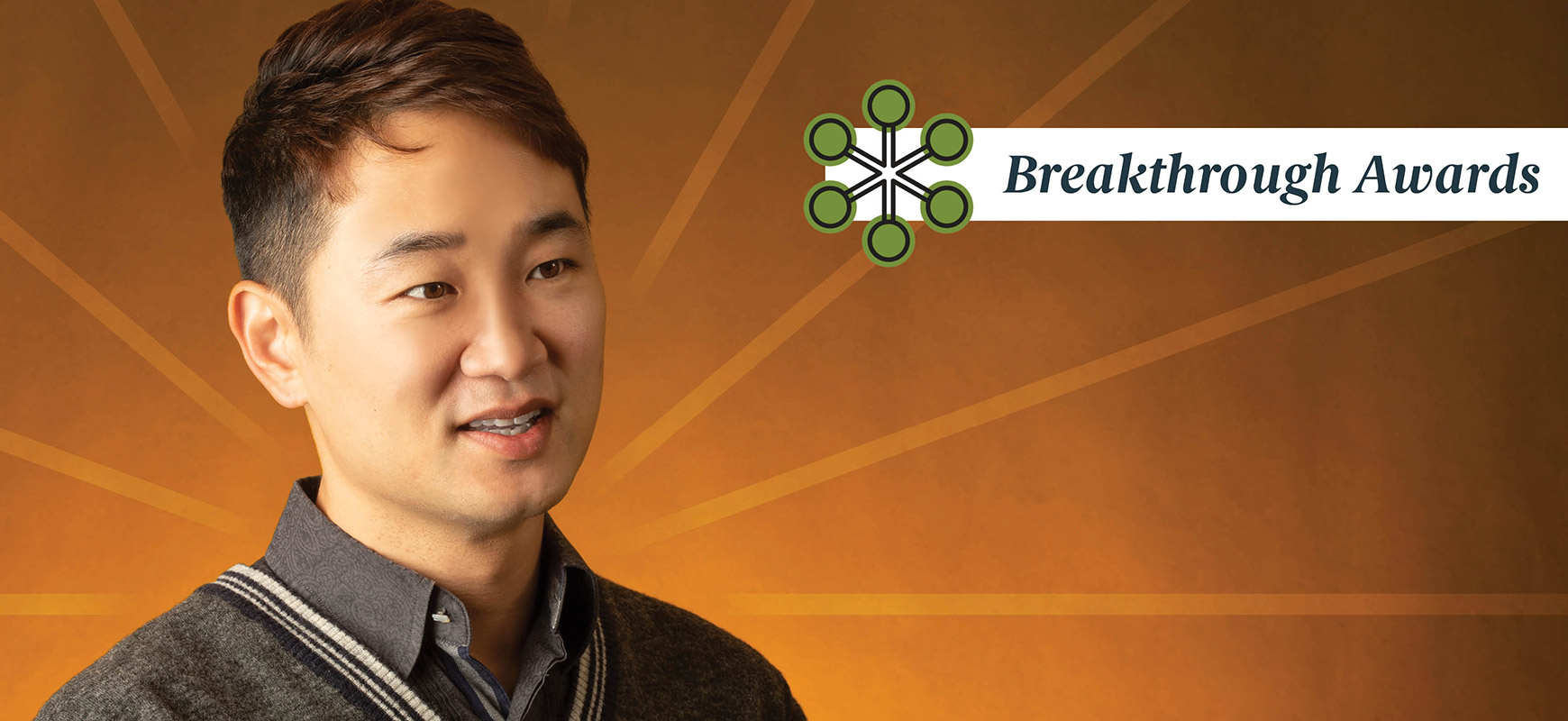
Harnessing data in a new media world
Communications professor looks at how information flows in the digital age
Posted on: July 19, 2019; Updated on: July 19, 2019
By Julie Smith Turner, turne292@mailbox.sc.edu
Mo Jang launched his career aspirations with a disarmingly simple dream. “I wanted to be on television,” he says. His two years as a television reporter for the Seoul Broadcasting System in South Korea opened a much larger and far more complex door — an interest in digital media and new communications.
Today, Jang’s primary area of expertise focuses on the flow of information in the media environment and social networks. The assistant professor in the School of Journalism and Mass Communications analyzes large data sets from social media to explore and reexamine traditional communication assumptions in an effort to develop new media theories in the ever-changing world of mass communications.
“I have explored how, why and how long the public pays attention to certain aspects of issues and not others as well as the way in which user-oriented conversations differ from traditional news coverage,” Jang says.
While the breadth and size of information exponentially increases, the monopolizing or gatekeeping role of journalism over information decreases.
Mo Jang, journalism and mass communications
Jang was recently awarded an extensive grant from the National Endowment for the Humanities to study the current Wild West new media environment.
In our high-choice information environment, says Jang, people tend to be exposed to information they are already interested in, that they have searched before, or that they strongly agree with. “People do not seem to care about a balanced information diet,” Jang says. “Before, there was at least a norm about objective reporting and balanced information consumption, but now it has become obsolete.”
Digital information has forever altered the traditional media landscape and created a new, fast changing world where a highly advanced researcher can’t anticipate what might lie five years ahead.
“Now everything ranging from what we watch to whom we meet and where we eat becomes digital information. While the breadth and size of information exponentially increases, the monopolizing or gatekeeping role of journalism over information decreases,” he explains. “Over time, I anticipate that the role of traditional news organization will shrink.”
Jang does, however, have an ongoing question that concerns him: How is our changing information behavior hurting democratic ideals?